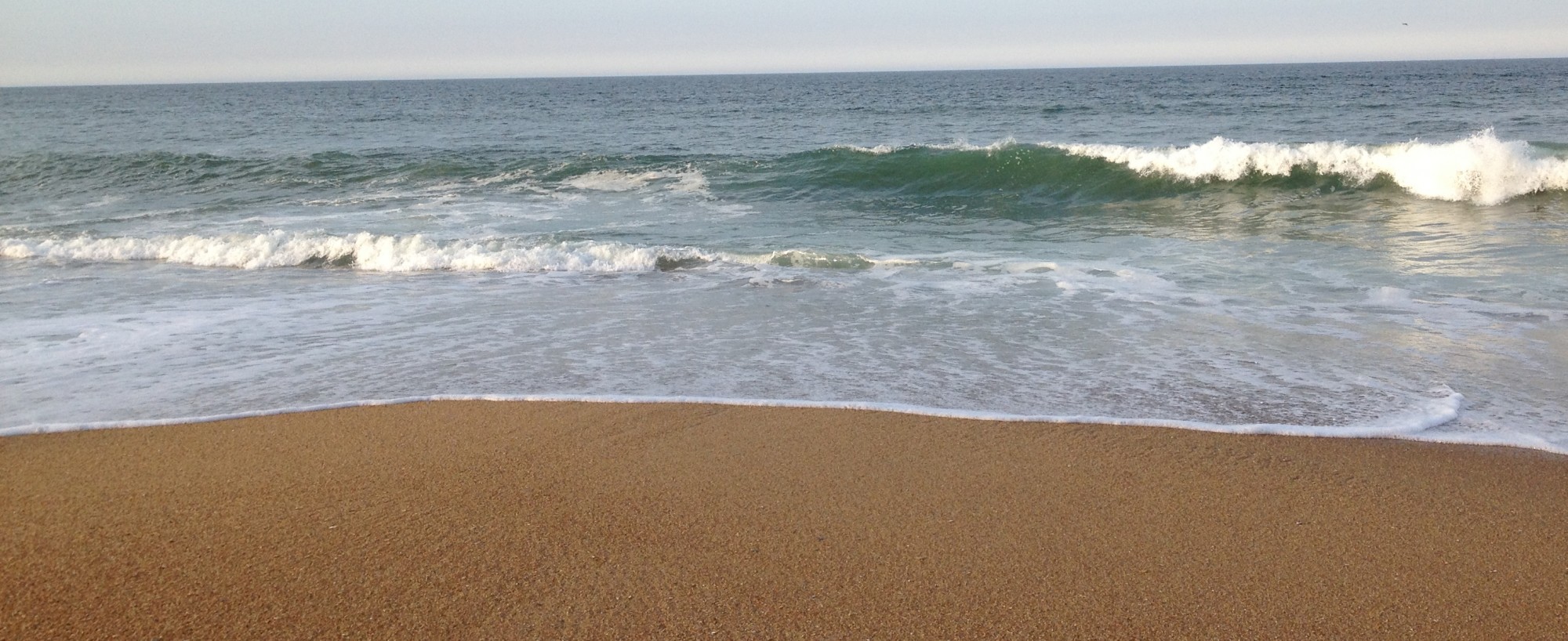What Moby Dick is Really About…
The conclusion of Moby Dick ended up being a whirlwind in which I left more confused than when I started. As Moby Dick is such an integral part of cultural conversations and is alluded to constantly, I had an idea of what impression the story would leave upon me. It turns out, reading the actual words of Herman Melville left me with an incredibly different impression of the story Captain Ahab, arguably the story’s most famous character, was not what I was expecting. Although he was an aloof, revenge obsessed captain, his story was not the one I found to be the most interesting. Ahab’s pursuit is maybe where most of the “plot” lies, but I don’t think it is the only significant part of the book. Not only were the Cetology chapters and the chapters about whales and whaling, pretty interesting albeit dry, and Ishamel’s spiritual journey was what I saw as really being one of the most ignored parts about Moby Dick. Ishmael’s transformation from xenophobic devout Christian, to one of the closest friend to Queequeg was fascinating to watch. As Ishmael is all at once in and not in the story; his perspective, perhaps skewed, adds a fascinating element or layer to the story of all the other characters. There are so many little things and details in the story, that the books probably takes three of four reading to really pick up on everything Melville packed in there. Everything from the experimental chapters, to the Shakespearean type monologues, to the bizarre science, makes Moby Dick so much more interesting and complex than Ahab’s revenge.

Ishmael’s journey is definitely one of spiritual epic, and I dislike how multiple forms of media tend to gravitate towards the straightforward story of Ahab’s revenge as the main story of Moby Dick. But I found Ishmael’s adventure to be one of the best parts of this novel. I can see why the editors would have a rage when they didn’t know Melville wrote an epilogue.
I agree that a lot of media focuses on Ahab’s story and his desperate need for revenge against Moby Dick. But I think that is just the culture of media. There is no way that a work other than the novel itself could possibly capture the full essence of Moby-Dick. It would be refreshing to see a work other than the novel take a new approach rather than focusing mainly on Ahab though.